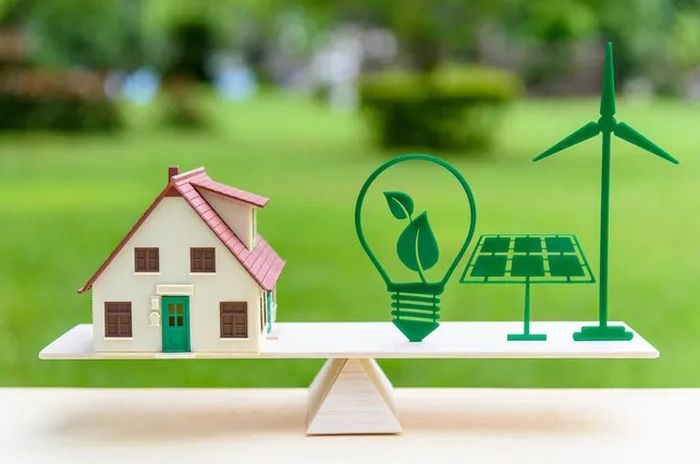Making small differences in your home can make a big difference on the environment! Greener lifestyle choices are becoming more widespread the more we watch images of plastic in our oceans, uncontrollable forest fires and animal extinction on the news. Additionally, the myth that implementing eco-friendly practices is costly and takes too much effort isn’t necessarily the case. On the contrary, there are many easy ways to create an eco-friendly home that go beyond replacing light bulbs for more energy efficient alternatives. If you’re wanting to look for solutions to help the world around us be healthier, cleaner and safer so we reduce our carbon footprint and be cost-efficient, then here are some great sustainable ideas to help you make positive changes.
1. Save Water

Do you know how much water is wasted in your home? If not, you can have a smart meter installed to find out. There are a range of ways we can save our water consumption which will not only be kinder to the environment, but also save you money too. If you have a leak or dripping tap, for example, don’t put off fixing it; get it done quickly so you can save on your water bills. Swap plastic water bottles for a reusable one, and if you want to eliminate chemicals and improve the taste of the water at home, consider using a water filter such as Brita reverse osmosis (like this one from EcoPureHome) to purify tap water without buying bottled water. Lastly, install a low-flow toilet flusher, shower heads and other appliances in the home which use up more water than is actually needed.
2. Clean Green
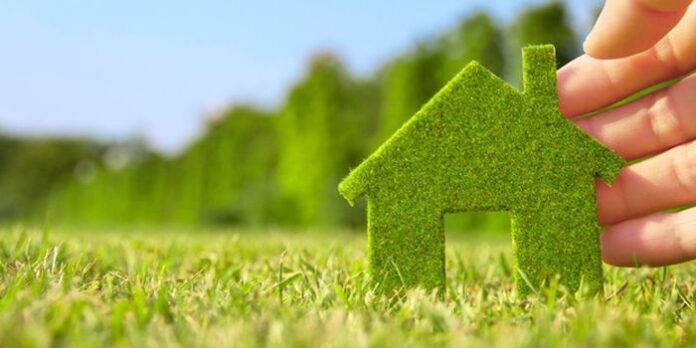
Start looking for green alternatives for cleaning up your home as many cleaning products are produced using harsh chemicals that are harmful for your overall health as well as the environment. You can either choose to buy eco-friendly alternatives that are non-toxic and have biodegradable packaging, or make your own from three essential and simple ingredients: vinegar, lemon and baking soda! Whether you need to clean the dishes, wash your clothes or the home itself, poisonous cleaning products travel into the water system and end up damaging the biodiversity of our planet. Reading the labels on the back of shop-bought products will ensure you know what exactly is inside.
3. Find Alternatives
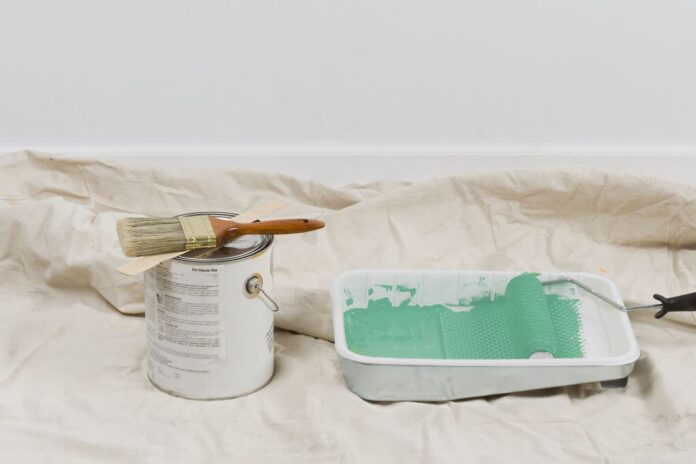
More often than not, there are greener alternatives that can replace other versions of the same item. For example, if you’re planning on re-decorating, use VOC, water-based paints instead of the unsafe equivalents. Smaller differences can include using bamboo toothbrushes, soy candles, reusable straws and even beauty products, all of which are natural, safe and renewable. In addition to swapping to sustainable household items, there is also reconditioned technology on the market such as gaming consoles or mobile phones. Although it’s tempting to buy cheaper products, they often have a shorter lifespan so spending that little bit more initially means items will last much longer.
4. Be Natural

Combining natural elements into your home is a great way to be eco-friendly with the minimum amount of effort! Open your windows during the day and ensure natural light is taken advantage of so there is always fresh oxygen and vitamin D to improve the indoor air quality. This will also save on electric for heating and lighting so it’s a win-win. Go for natural colors and organically produced furniture to add holistic features in a relaxing environment. If your budget allows, using natural resources such as solar panels or gray water tanks will save you money on heating bills.
5. Create an Indoor Garden
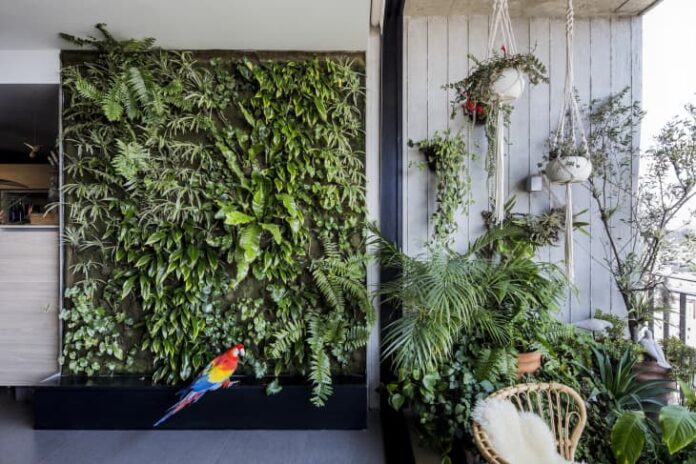
Placing plants inside can reduce allergies and stress by increasing the levels of oxygen in the air and therefore makes it cleaner to breathe. You don’t have to be green fingered to have plants which are easy to care for but if you love the idea of bringing the garden indoors, also consider planting herbs and smaller vegetables to lower your food bills and fulfill a healthier, more organic lifestyle. You can choose decorative plants such as aloe vera, ferns or bromeliad, the latter of which removes a significant number of pollutants in the air. Plus, they’re decorative and add ambiance into your home.
6. Food for Thought

We’re all guilty of ordering takeaways when we’ve had a hard day or want regular treats and don’t feel like cooking. However, ordering food creates emissions used in the transportation of your dinner, not to mention the amount of waste that comes from all the packaging! In addition to the health benefits of cooking more at home, we can also control the amount of food potions we need to use. As a result, you’ll be eliminating the waste that comes from eating out or ordering in. You can take things even further by eating less meat and composting the food scraps you have for a greener approach so you’re not contributing to the increasing amount of greenhouse gasses.
7. Reuse and Recycle
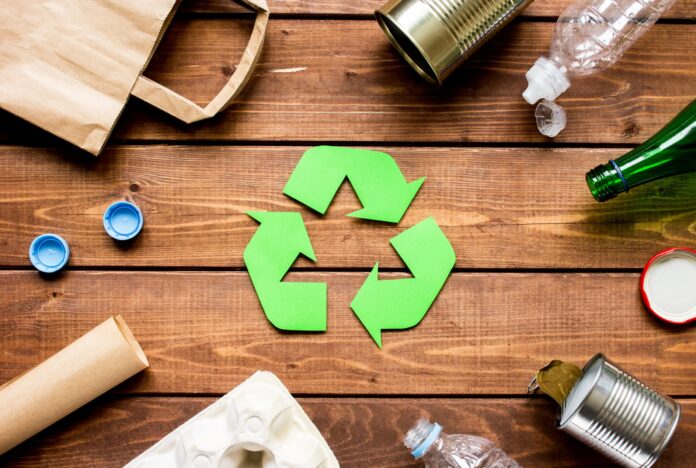
We should all be taking advantage of the recycling facilities available but household waste can also be reduced in other ways too. Small improvements in the way we recycle or reuse items at home plays a vital role in avoiding adding to the environmental hazards to the earth as the majority of waste can take thousands of years to decompose. From choosing alternative ways to recycle clothes for painting rags or glass jars for storage to buying new furniture made from recycled wood, it will be a cost-effective way to be more eco-friendly. Start by organizing the things you don’t need and be amazed how easy it is to declutter and reuse.
8. Go Paperless

If you haven’t already made the move to go paperless, then maybe now is the time to get organized and start doing it. Although it may not happen overnight, choosing to lose all your paper clutter isn’t a difficult task and you can gradually shift from paper statements and bills to electronic alternatives. Manufacturing paper actually takes twice as much energy than producing a plastic bag so spending time going through your paper documents and transitioning important paperwork onto a cloud storage is a worthwhile eco-friendly choice.
9. Update Appliances
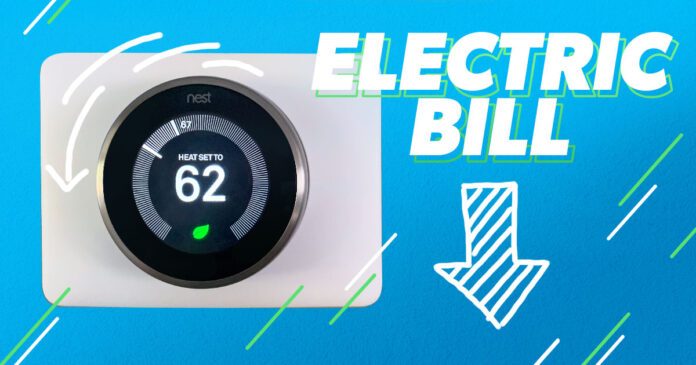
We’re all aware that unplugging our electronic devices avoids using energy and therefore saves us money on our electricity bills. However, replacing older appliances with more energy efficient substitutes or installing smart devices will ensure even further reductions on your bills. It may take some time to gradually buy the larger eco-friendly appliances such as fridges, dishwashers and washing machines but once you’ve made the switch, you’ll wonder why you didn’t do it before! If your cash flow doesn’t allow for new appliances, consider cleaning the fridge coils, only using a full load of washing clothes and dishes, and drying your clothes outside rather than in a tumble dryer.
10. Spread the Word

No matter how good your intentions are, having the support of the rest of the family is vital to ensure your home creates a positive impact to save the earth from climate change. If you have children, explain the importance of making these changes in the home and how it affects the overall healthiness of your family’s inner sanctum. Similarly, encourage friends to be more eco-conscious by initiating a seed swap or a get-together for exchanging unwanted items. Whatever eco-friendly differences people make, they don’t always have to cost the earth, but they could help save it.
